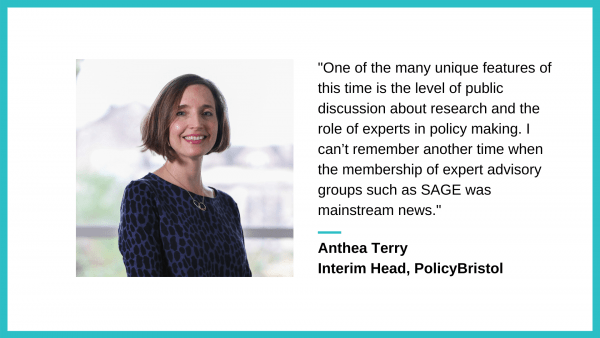Many people like to say that the coronavirus is teaching us a lesson, as if the pandemic were a kind of morality play that should lead to a change in our behaviour. It shows us that we can make big shifts quickly if we want to. That we can build back better. That social inequality is starkly revealed at times of crisis. That there is a “magic money tree”. The idea that crisis leads to change was also common during the financial crunch over a decade ago, but that didn’t produce any lasting transformations. So will post-COVID life be any different?
At the start of lockdown, in the middle of the anxiety and confusion, I started to notice that I was enjoying myself. I was cooking and gardening more; the air was cleaner, my city was quieter and I was spending more time with my partner. Lots of people started to write about the idea that there should be #NoGoingBack. It seemed that we had taken a deep collective breath, and then started to think about coronavirus as a stimulus to encourage us to think how we might address other big issues – climate, inequality, racism and so on.



